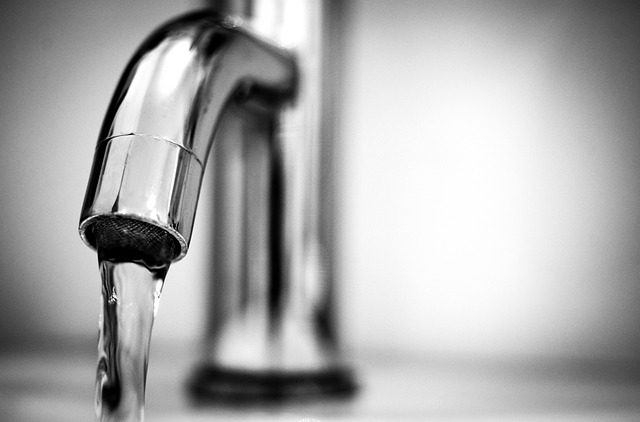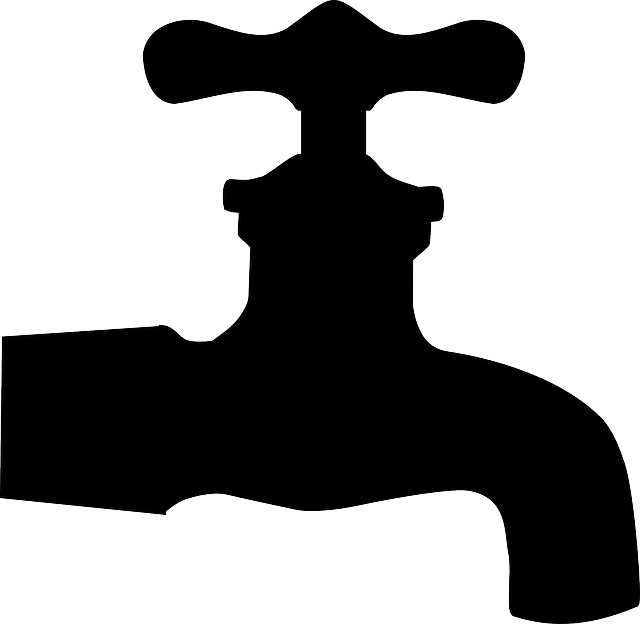Solar water heating systems, powered by sustainable materials like recycled plastics and biodegradable insulation, offer an eco-friendly plumbing solution. They integrate low-flow fixtures and tankless heaters for efficient water use, rainwater harvesting to conserve fresh water, and smart monitoring technologies for optimal performance. This blend of innovations significantly reduces energy consumption, carbon footprints, and environmental impact, promoting a greener lifestyle.
“Discover the power of renewable energy for your home with solar water heating systems. This comprehensive guide explores green alternatives to traditional heating methods. From understanding the fundamentals and choosing eco-friendly plumbing with low-flow fixtures, to cutting-edge tankless heaters and rainwater harvesting, we delve into sustainable solutions. Learn about the role of innovative materials and smart monitoring in enhancing performance and energy savings. Embrace a future where your water is heated efficiently and sustainably.”
- Understanding Solar Water Heating Systems: A Green Alternative
- Eco-Friendly Plumbing: The Role of Low-Flow Fixtures
- Tankless Heaters: Instant Hot Water with Reduced Energy Consumption
- Rainwater Harvesting: Maximizing Nature's Resource
- Sustainable Materials in Solar Water Heating Components
- Smart Monitoring: Optimizing Performance and Energy Savings
Understanding Solar Water Heating Systems: A Green Alternative

Solar water heating systems are a green alternative to traditional heating methods, offering both environmental and economic benefits. These systems harness the power of sunlight to warm water for residential or commercial use, significantly reducing energy consumption and carbon footprints. Unlike conventional tank-based heaters, solar heaters do not rely on fossil fuels, making them an eco-friendly plumbing solution. One key advantage is their ability to integrate with low-flow fixtures and tankless heaters, further minimizing water usage and maximizing efficiency.
Moreover, some advanced systems incorporate rainwater harvesting features, collecting and storing rainwater for heating, which reduces the reliance on municipal water supplies. The use of sustainable materials in construction also contributes to overall environmental stewardship. Additionally, smart monitoring technologies allow users to track energy usage and optimize performance, ensuring optimal efficiency and cost savings. This combination of innovations makes solar water heating a compelling choice for those seeking both comfortable living conditions and a smaller environmental impact.
Eco-Friendly Plumbing: The Role of Low-Flow Fixtures

Eco-friendly plumbing plays a vital role in harnessing Sustainability and reducing environmental impact, especially when combined with solar water heating systems. One key component is the adoption of low-flow fixtures. These innovative fittings are designed to conserve water by restricting flow rates while maintaining pressure, ensuring efficient use despite reduced water output. This simple yet effective strategy significantly cuts down on overall water consumption, aligning with eco-conscious goals.
Furthermore, integrating tankless heaters and rainwater harvesting systems enhances the sustainability of plumbing setups. Tankless heaters eliminate the need for storage tanks, thereby reducing energy usage and minimizing environmental footprint. Rainwater harvesting, on the other hand, collects and utilizes rainwater for various purposes, including toilet flushing and outdoor irrigation. When paired with smart monitoring technologies, these practices enable homeowners to track their water usage patterns, fostering conscious consumption and maximizing the benefits of eco-friendly plumbing solutions.
Tankless Heaters: Instant Hot Water with Reduced Energy Consumption

Tankless heaters offer a modern and efficient solution for hot water heating, especially in the context of eco-friendly plumbing. Unlike traditional storage tanks, these systems provide instant hot water on demand, eliminating the need for constant heating and reducing overall energy consumption. By installing tankless heaters, homeowners can significantly lower their carbon footprint, making them an attractive option for those seeking sustainable solutions.
One key advantage lies in their integration with low-flow fixtures and rainwater harvesting systems. Smart monitoring technology allows users to track water usage, encouraging responsible practices. Moreover, these heaters can be powered by renewable energy sources, further enhancing their environmental benefits. With the growing emphasis on sustainability, tankless heaters present a practical and eco-conscious choice for homeowners aiming to reduce their environmental impact.
Rainwater Harvesting: Maximizing Nature's Resource

Rainwater harvesting is a powerful strategy to maximize nature’s resources and contribute to an eco-friendly plumbing system. By collecting and storing rainwater, especially from roof runoff, you can significantly reduce your reliance on conventional water heating methods. This natural approach not only conserves precious fresh water but also offers a sustainable solution for your home’s hot water needs. Install low-flow fixtures and tankless heaters to complement your rainwater harvesting system, ensuring efficient water usage without compromising comfort.
Integrating smart monitoring tools can further optimize this process. These technologies allow you to track water usage patterns, set schedules, and adjust temperature settings remotely, making it easier to maintain a balanced and energy-efficient household. With sustainable materials and innovative eco-friendly plumbing practices, rainwater harvesting takes center stage in the journey towards a greener lifestyle.
Sustainable Materials in Solar Water Heating Components

Solar water heating systems are not only a viable option for reducing energy consumption but also an opportunity to incorporate eco-friendly plumbing solutions. One key aspect is the use of sustainable materials in their components. Modern solar heaters often feature tankless designs, eliminating the need for large storage tanks and reducing material waste. These tankless heaters, along with low-flow fixtures, can significantly cut down on water usage without compromising performance.
The choice of sustainable materials plays a crucial role in the overall environmental impact. Many manufacturers now offer solar water heating systems that incorporate recycled or biodegradable components, such as food-grade plastic pipes and eco-friendly insulation. Additionally, rainwater harvesting systems can be integrated into these setups, collecting and storing rainwater for later use, further enhancing water conservation efforts. With smart monitoring technologies, homeowners can track their energy savings and optimize their plumbing system’s performance, making sustainable living more accessible and efficient.
Smart Monitoring: Optimizing Performance and Energy Savings

The adoption of solar water heating systems is not just an eco-friendly plumbing choice; it’s a strategic move towards sustainable living. One of the most significant advantages lies in smart monitoring capabilities that come with modern systems. These advanced features allow homeowners to track their energy usage, ensuring optimal performance and maximizing savings. By integrating low-flow fixtures and tankless heaters, you can significantly reduce water consumption without compromising on comfort or hygiene.
Moreover, some innovative solar setups incorporate rainwater harvesting, utilizing a natural resource for heating and further reducing reliance on conventional energy sources. The use of sustainable materials in these systems not only minimizes environmental impact but also contributes to a greener, more resilient home infrastructure. Smart monitoring provides data-driven insights, enabling you to make informed decisions about your energy usage and contribute to a more sustainable future.
